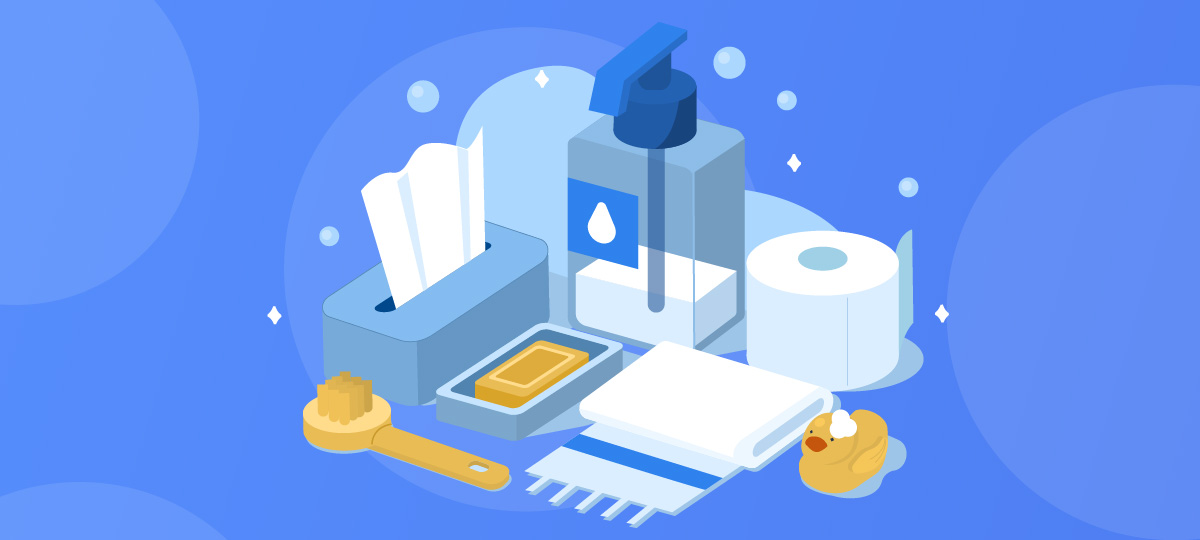
Cyber hygiene is the sum of practices an entity uses to guarantee a safe digital environment. In this case, an entity can refer to an individual, business, or organization. The digital environment, thus, encompasses devices, systems, and networks.
As such, rather than employing solutions to deal with breaches and leaks in the aftermath, cyber hygiene refers to habits that users imbibe to prevent them. Learn why cyber hygiene is important and how to improve yours.
Common Online Threats to Look Out for
Online threats continue to evolve with digital developments. With that in mind, here are some of the most popular every internet user should know:
- Phishing. Pronounced “fishing” is a fraudulent attempt to obtain user information. Cybercriminals disguise themselves as legitimate businesses or people to obtain sensitive information.
- Malware. Malware is malicious software distributed online. Users can pick up such software from illegal downloads and unsecured networks. Malicious entities use this malware to disrupt activities, gain unauthorized access, and steal information.
- Social engineering. Social engineering uses manipulative techniques to lure users into sharing confidential information. It takes advantage of psychological weaknesses as opposed to technical system loopholes.
- Identity theft. Cybercriminals can use obtained personal data to steal user identity. They then use the stolen identity for financial gain. Their end-game includes opening credit cards, filing fraudulent tax returns, receiving loans, and many more.
- Fake websites. In some ways, this is a form of phishing. Instead of actively trying to trick users, a phony website simply lies in wait. They appear like legitimate websites and try to lure people into sharing sensitive data.
- Unsecured networks. An unsecured network makes it easy for criminal entities to intercept user data. Such networks lack encryption and are open to eavesdroppers. Publicly available WiFi networks are usually unsecured.
Importance of Adopting Good Online Habits
Cyber hygiene and good online habits are essential for the following reasons:
- Imbibing good cyber hygiene would protect your data and information. Developing good online habits inherently prevents you from situations where data security is at risk.
- Security makes it less likely for cybercriminals to hijack your data. Privacy makes it hard for them to track your actions or steal your identity.
- All your online activity helps to build a digital footprint. Good cyber hygiene and great online habits can keep your reputation intact. In other words, your online interactions and activities would be free from mistakes that cost opportunities.
Best Practices for Maintaining Cyber Hygiene
As stated earlier, cyber hygiene is the practice that helps guarantee a safe digital environment. Here are some of the practices you can utilize in your personal life and business:
- Use strong and unique passwords. Create complex passwords independent of personal information; never repeat or reuse them.
- Enable multi-factor authentication (MFA) where possible. Add as many layers of security as possible to apps and platforms that allow it.
- Regularly update software. Ensure that security software, browsers, and other apps are updated. New updates may come with security patches and database upgrades.
- Familiarise yourself with online threats. Knowledge of criminals’ trending threats and techniques can help you avoid their attempts.
- Avoid connecting via unsecured networks. Sometimes, you might need to communicate on the go to avoid the urge to use public WiFi. If you plan on connecting regardless, make sure your security tools are active.
- Back up data. Regular backups can save you from being at the mercy of cybercriminals. If malware or hardware issues lead to data loss, you can access your files without problems.
- Engage only in safe browsing. This means you shouldn’t visit suspicious websites and links and avoid downloading shady and unknown attachments. Ignore pop-up ads, and only download the software you need from trusted sources.
Best Tools for Facilitating Cyber Hygiene
In addition to good cyber hygiene practices, you must shore up your blind spots with the best tools. Some tools to consider are:
- Password managers. Multiple unique passwords can constitute a mental burden. As such, reliable password managers exist to:
- Create passwords
- Store passwords
- Autofill passwords
- Monitor credential theft online
- Recommend password changes
- Authentication apps. Trusted a uthenticator apps can improve security by facilitating token-based verification for MFA-enabled apps.
- Antiviruses. An antivirus will help prevent the entry of, detect, and eliminate viruses and malware. However, keep your antivirus recent so that the database is always up-to-date. You can get an antivirus with a VPN feature to feed two birds with one scone or use free solutions that integrates with GlassWire.
- Virtual Private Network (VPN). If you do have a reason to connect to public WiFi, use a VPN. The tunneling and encryption of a reliable VPN keep eavesdroppers away and protect transmitted data. Use a VPN every time you connect to the internet, if possible.
- Cloud storage solutions. Cloud storage can provide the automated file backups that you need. You can backup important files to protect against ransomware attacks and not waste a byte of local space.
- Firewalls. These tools stay at the eve of your network and filter incoming and outgoing data packets based on preset security rules. It goes without saying, here the choice is GlassWire.
- Ad blockers. Ad blockers stop intrusive ads, pop-up ads, and redirecting.
Conclusion
In addition to these tools and practices, you should also enroll in awareness programs. They familiarise you with cyber threats and help you stay a step ahead.




